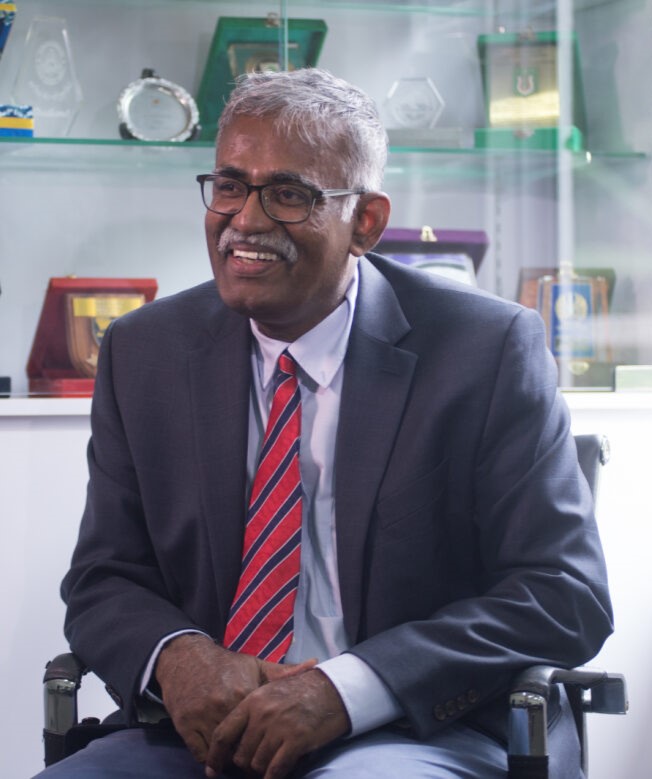
A Distinguished Gentleman’s Journey in Innovation
Upon enrolling at Cambridge University for his doctorate in economics in 1989, Distinguished Professor Dr Rajah Rasiah began to work seriously on the economics of innovation.
Since then, he has become a global pioneer in innovation and development. He introduced the Systemic Quad model, transforming the impact of strategic clustering on global employment, wages, and sustainable development.
Among all his outstanding accomplishments, receiving the Celso Furtado Prize from the World Academy of Sciences in the field of social sciences was his proudest achievement thus far.
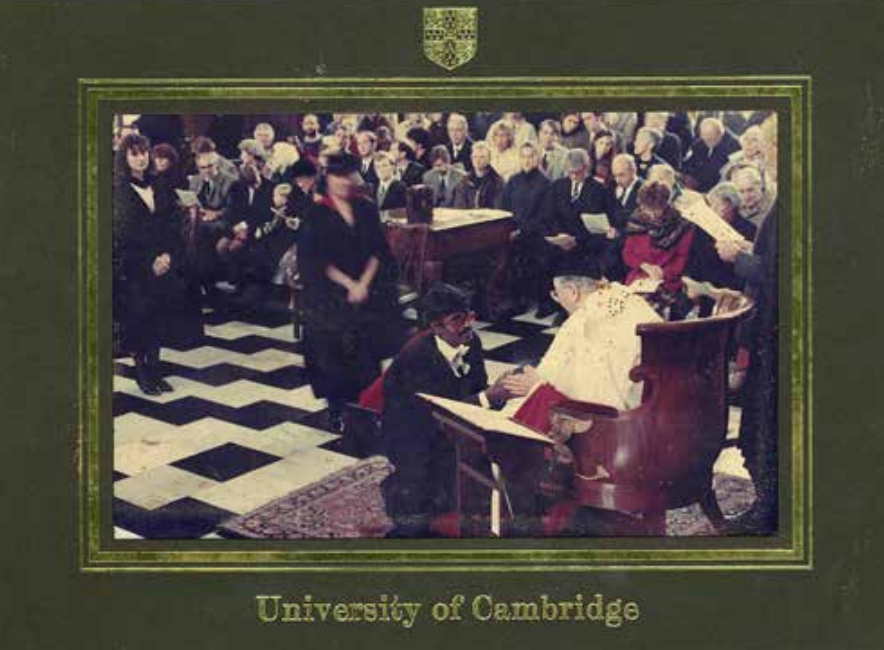
Perseverance: A lesson learnt from being the 10th sibling
Living by the simple philosophy of never giving up on an honest and noble pursuit, Professor Rajah’s sense of perseverance and hard work has been evident since a young age.
Coming from a family of 13 siblings and being number 10, Professor Rajah’s upbringing was not easy, but despite limited financial resources, he excelled in representing his alma mater in the inter-school history, geography and general knowledge quizzes.
He was recognised as the best contestant in history and geography at the district level in 1974, and won the Peraduan Syarahan Bahasa Malaysia Kelas Muhibbah (Malay Language Public Speaking Competition) at the district level in 1975. He went on to do an undergraduate degree at Universiti Sains Malaysia in 1978.
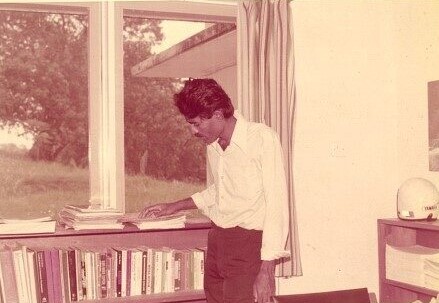
An illustrious career
Upon completion of his PhD iIn 1992, Professor Dr Rajah served at Universiti Kebangsaan Malaysia (UKM). His academic thinking has also benefited from exposure to universities as a fellow, and when giving public lectures at renowned universities globally.
Professor Dr Rajah was also appointed by the United Nations Industrial Development Organisation as a principal author of the 2009 World Industrial Report. He was also entrusted to use his Systemic Quad model to capture the role of strategic clustering in driving employment, wages and sustainable development in Argentina (automotive), Brazil (paper and pulp), Chile (salmon), Nigeria (computers and components), China (buttons), Cambodia (clothing), India (leather), Indonesia (automotive), Laos (agro-processing) and Malaysia (electronics).
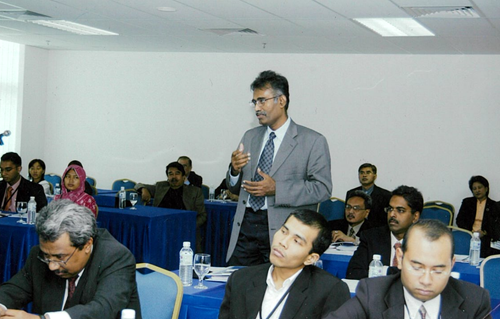
He has also been a major contributor in the preparation of international development reports relating to industrial and science, technology and innovation policies in the developing world for the World Bank, UNIDO, UNCTAD, United Nations Development Programme (UNDP), UNESCO, World Intellectual Property Organisation (WIPO) and International Labour Organisation (ILO). Professor Dr Rajah was appointed as the principal researcher or leader of these projects.
Professor Dr Rajah currently serves as a Distinguished Professor of Economics at the Asia-Europe Institute, University of Malaya, and is in the process of editing two books, both of which are expected to be published by the end of 2019.
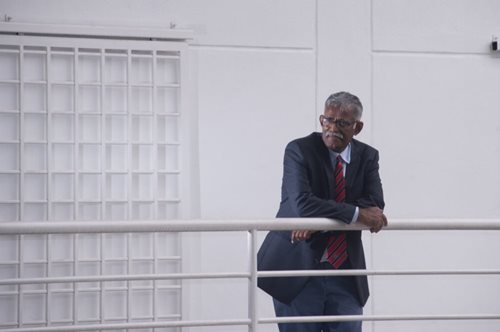
Disclaimer:
The information in this award recipient's profile is accurate to the best of our knowledge as of the time the award was presented. Any subsequent changes, updates, or developments in the individual's life or achievements may not be reflected in this profile.